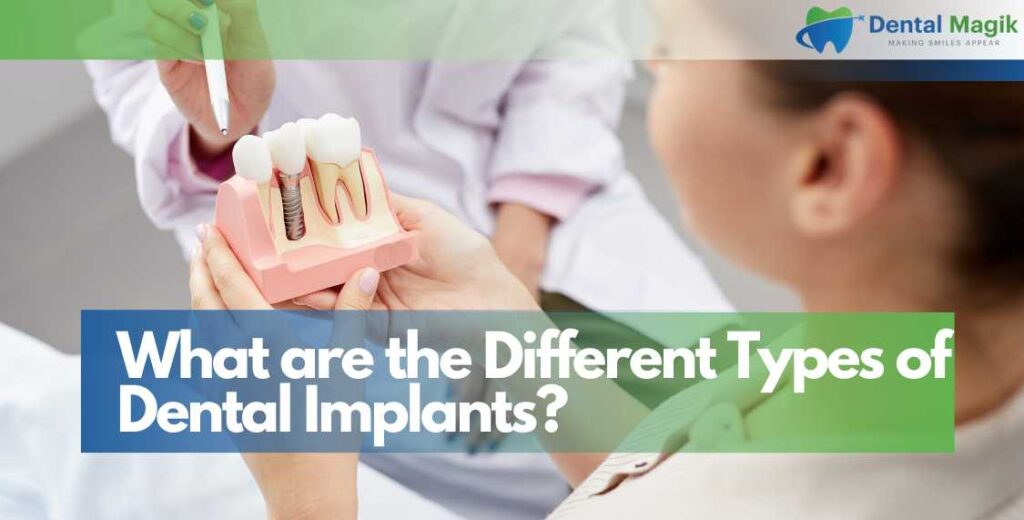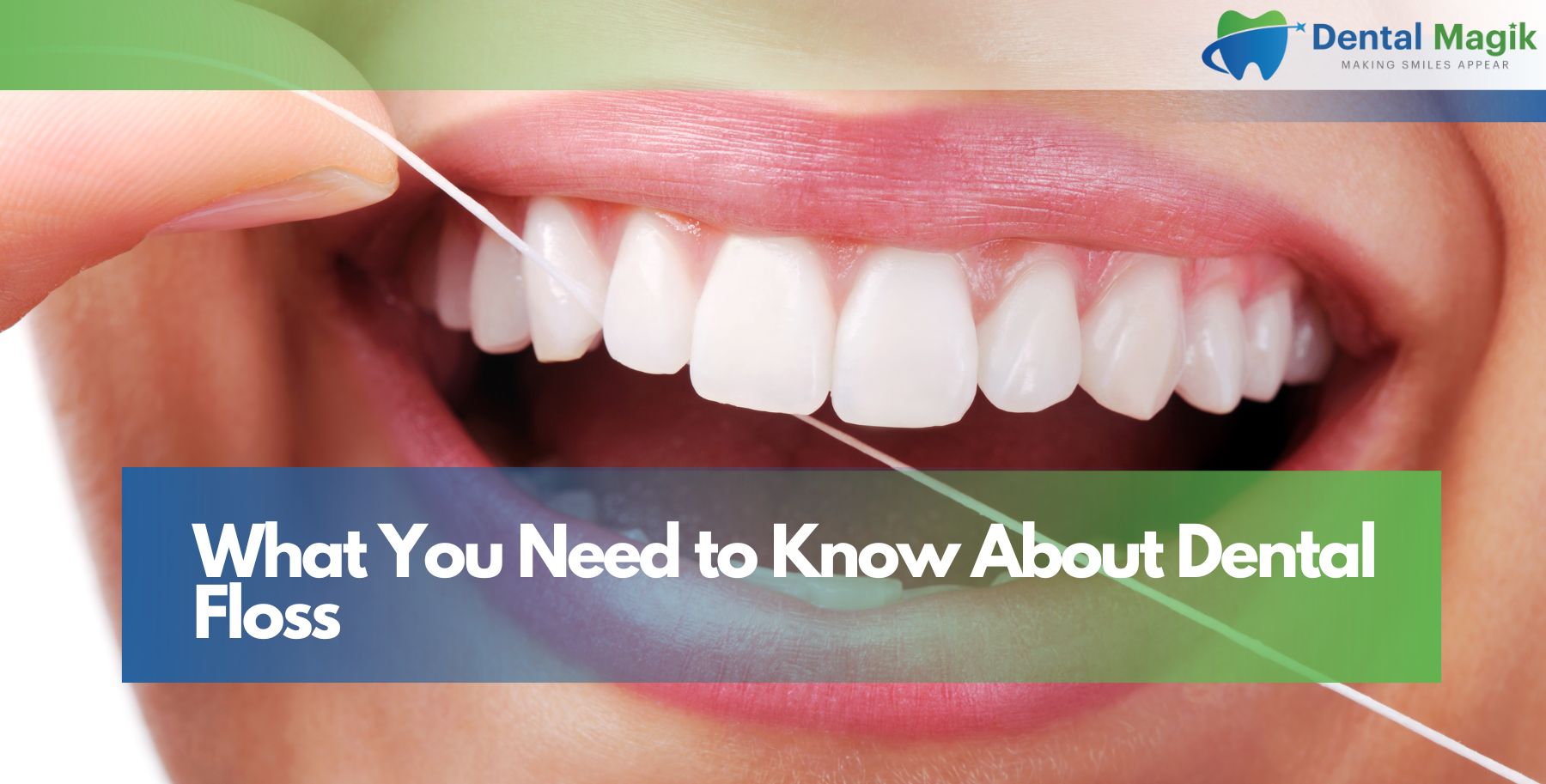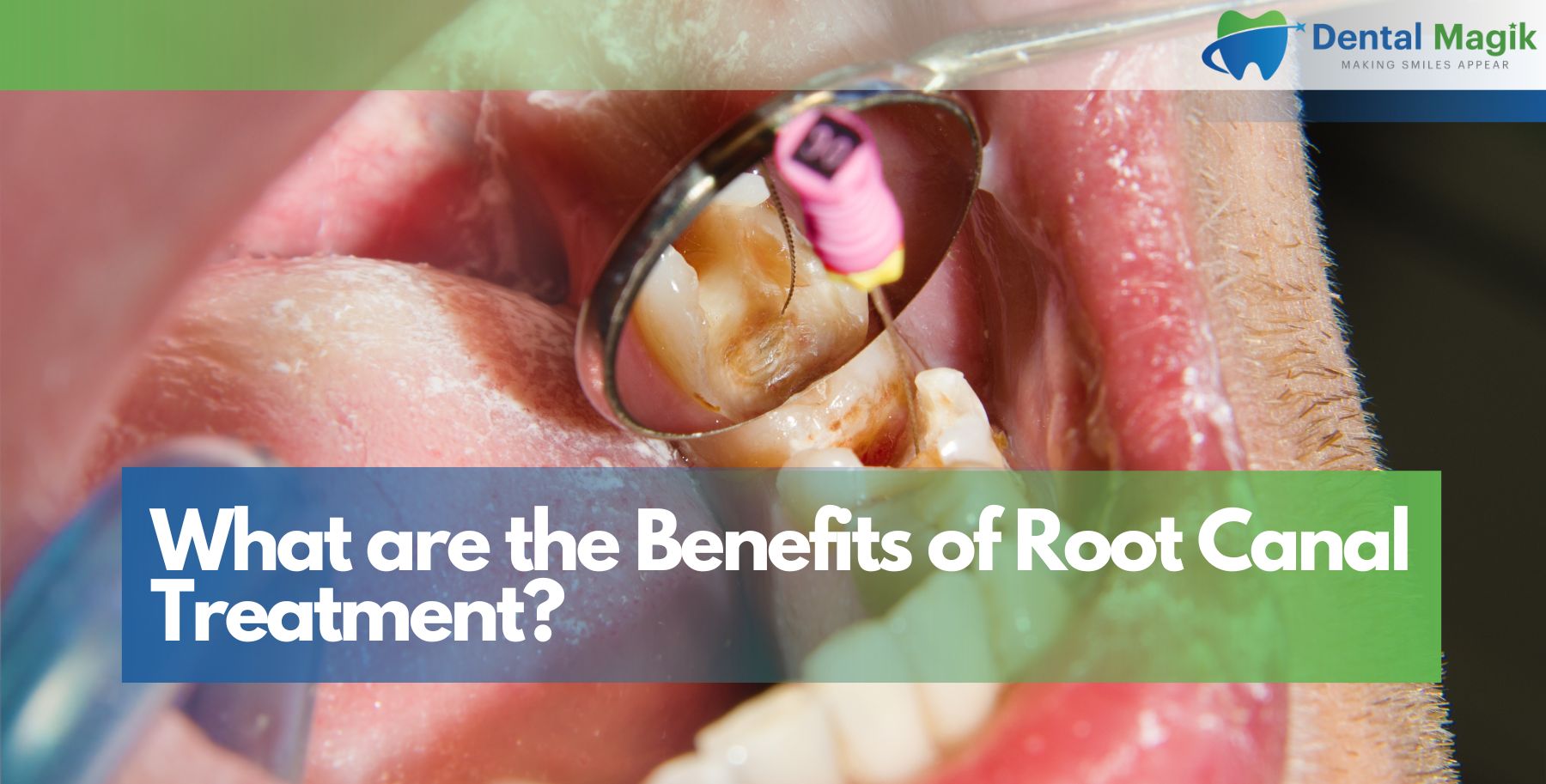Dental implants have revolutionized dentistry by offering a permanent solution for missing teeth. With their ability to restore functionality and aesthetics, dental implants are more than just a cosmetic procedure—they are a comprehensive approach to enhancing oral health and improving quality of life.
What Are Dental Implants?
Dental implants are artificial structures designed to replace missing teeth. Unlike traditional dentures or bridges, implants are surgically placed into the jawbone, providing a stable and long-lasting foundation for prosthetic teeth.
The structure of a dental implant typically consists of three parts:
- The Implant Post: A titanium screw that is placed into the jawbone to act as an artificial tooth root.
- The Abutment: A connector that holds the replacement tooth or crown.
- The Crown: A custom-made artificial tooth that mimics the appearance of your natural teeth.
Dental implants are widely regarded as the gold standard for tooth replacement because they integrate with your jawbone (a process called osseointegration), ensuring durability and preventing bone loss.
Types of Dental Implants
Not all dental implants are the same. Different types of implants cater to varying needs, depending on factors like bone density, the number of missing teeth, and patient preferences. Here’s a detailed look at the most common types of dental implants:
Endosteal Implants
- Description: These are the most commonly used implants. They are shaped like screws and are inserted directly into the jawbone.
- Best for: Patients with a healthy jawbone that can support the implant.
- Process: After placement, it takes several months for the implant to fuse with the bone before attaching the crown.
Subperiosteal Implants
- Description: These implants are placed under the gum but above the jawbone. They consist of a metal framework that supports the prosthetic tooth.
- Best for: Patients with insufficient jawbone density who cannot undergo bone grafting.
- Advantage: A less invasive option compared to traditional implants.
Zygomatic Implants
- Description: These implants are anchored in the cheekbone (zygomatic bone) rather than the jawbone.
- Best for: Patients with severe bone loss in the upper jaw.
- Complexity: Requires specialized expertise and is typically reserved for unique cases.
Mini Dental Implants (MDIs)
- Description: These are smaller and thinner implants used in cases where traditional implants may not be feasible.
- Best for: Stabilizing dentures or replacing small teeth.
- Advantages: Minimally invasive and faster recovery.
All-on-4 Implants
- Description: A full-arch restoration solution that uses four implants to support an entire set of upper or lower teeth.
- Best for: Patients missing most or all of their teeth.
- Benefits: Cost-effective, with immediate results often possible.
Immediate Load Implants
- Description: These allow a temporary tooth to be attached on the same day as the implant placement.
- Best for: Patients with strong bone structure who want faster results.
- Advantage: Reduces overall treatment time.
Choosing the right type of implant requires a thorough consultation with a dental professional to assess your unique oral health and lifestyle needs.
Which Dental Implant Option Is Best for You?
Selecting the best implant option depends on several key factors:
- Bone Health: Patients with sufficient bone density may benefit from endosteal implants, while those with bone loss may require subperiosteal or zygomatic implants.
- Oral Health: Good gum health and the absence of chronic conditions like uncontrolled diabetes can influence implant success.
- Budget: Mini implants and All-on-4 options can be cost-effective solutions.
- Aesthetic Goals: The choice of implant may also depend on how natural you want the restoration to look.
Your dentist will perform a detailed evaluation, including X-rays and CT scans, to recommend the most suitable option.
Dental Implant Procedure Explained Step by Step
The dental implant process is a multi-step journey that ensures long-lasting results. Here’s a comprehensive guide:
Initial Consultation
During the consultation, your dentist will:
- Examine your oral health and medical history.
- Take X-rays or 3D scans to evaluate your jawbone.
- Discuss the treatment plan, timeline, and costs.
Preparatory Procedures
Some patients may require additional procedures before implant placement, such as:
- Bone Grafting: Enhances bone density to support the implant.
- Tooth Extraction: Removes damaged teeth.
Implant Placement
- The titanium implant is surgically placed into the jawbone under local anesthesia.
- Healing begins as the implant integrates with the bone, which can take 3-6 months.
Abutment Placement
- After osseointegration, an abutment is attached to the implant.
- This step prepares the site for the crown.
Crown Placement
- A custom-made crown is securely attached to the abutment.
- The result is a functional, natural-looking tooth.
What Should I Expect After a Dental Implant Procedure?
After the procedure, it’s normal to experience some temporary side effects, such as:
- Swelling in the gums and face
- Mild pain or discomfort
- Minor bleeding
- Bruising
Your dentist will provide aftercare instructions, including:
- Avoiding hard or chewy foods for a few days.
- Maintaining oral hygiene by gently brushing the area.
- Following a prescribed medication regimen.
How Long Does It Take to Recover from Dental Implants?
Recovery time varies, depending on your individual healing process and the type of implant. Here’s a general timeline:
- Initial Healing: The gum tissue typically heals within 1-2 weeks.
- Osseointegration: The implant fuses with the bone in 3-6 months.
- Final Restoration: The entire process, including crown placement, may take 4-9 months.
Your dentist will monitor your progress throughout the recovery period.
Benefits of Dental Implants
Dental implants offer a host of advantages over traditional tooth replacement options:
- Longevity: With proper care, implants can last a lifetime.
- Natural Appearance: They blend seamlessly with your existing teeth.
- Improved Functionality: Restores full chewing and speaking ability.
- Preserves Bone Health: Prevents bone resorption and maintains facial structure.
- Convenience: Eliminates the need for adhesives or removable appliances.
- Confidence Boost: A perfect smile enhances self-esteem.
Dental implants are not just about replacing teeth—they’re about improving your overall quality of life.
Conclusion
Dental implants are a transformative solution for anyone dealing with missing teeth. From endosteal implants to All-on-4 options, there’s a solution for every patient’s needs and preferences. With the expertise of Dental Magik, you can rest assured that your dental implant journey will be seamless and successful.
If you’re looking for a Dentist in East Brunswick, NJ, schedule a consultation with Dental Magik today and take the first step toward a healthier, more confident smile.







